As I raked hay on the grounds of Kibbutz Magen, the earth trembled, echoing the nearby roar of artillery less than three miles away from the Gaza border.
These are the rumbles that civilians living in the south of Israel deal with as they labor to rebuild their destroyed communities.
I spent two weeks this summer in Israel on a BBYO (B’nai B’rith Youth Organization) volunteer and testament program to support Israel during this dire time of war. I witnessed the devastation inflicted by Hamas on innocent civilians and their communities, a reality distant to us in Beachwood, Ohio.
To this day, Israel and its agricultural system are struggling to recover from Oct. 7, when Hamas ravaged and murdered 1,200 Israelis and took 251 more hostage. Hamas’s attack prompted the current war and created the country’s biggest agricultural and manpower crisis since its independence in 1948.
“On Oct. 7, Israel’s farming industry lost approximately 40% of its workforce and 30% of its physical area when the nation’s agricultural center became a warzone and the site of mass death and destruction,” Maya Zanger-Nadis wrote in The Times of Israel.
Before the war, 29,900 foreign workers, mostly from Thailand, worked in agriculture. In the first eight months of the war, the Thai government evacuated over 10,000 Thai workers after Hamas murdered 39 and took 32 more hostage. An additional 12,000 Palestinians were also banned from entering Israel. The Thai government has only recently started to send workers back in small numbers due to a need for higher wages not found in Southeast Asia.
The lack of foreign and domestic agricultural workers has prompted farmers to seek support from volunteers to combat the agricultural crisis. At a tomato farm in the Northern farmers’ village of Tzrufa, I helped transport tomatoes and uproot dead tomato trees. The tomato greenhouse was packed close together with a blazing climate and rows of neglected plants.
“The [tomatoes] are going to end up rotting, otherwise. There is no one to pick them,” Israeli farmer Amos Trabelsey told El Pais news.
The largest remaining workforce in the Tzurfa tomato farm and the rest of Israel are American and Israeli volunteers. Although my fellow volunteers and I worked at the tomato farm without prior experience, volunteer efforts contribute to the economy.
“Volunteers in Israel have saved agricultural produce valued at $50 million since the start of the war against Hamas in Gaza, even amid major damage to the country’s agricultural sector,” Etgar Lefkovits wrote in the Jewish News Syndicate.
The agricultural work was demanding and rough, especially in the beaming summer heat. My friends and I didn’t see the work as a grievance, though, but as a fun activity.
“The volunteering aspect was entertaining and it felt good to help communities in need in Israel,” said fellow volunteer and BHS senior Jude Landes. “I got to meet many new people, and it felt good knowing I wasn’t alone in supporting a country meaningful to me.”
The volunteering projects took up half of our time; the other portion was spent witnessing and learning of the destruction in the South.
One of our first destinations in southern Israel was Kibbutz Magen, a community located less than three miles from the Gaza border. There, we helped maintain the farm and learned how on Oct. 7 the local security team prevented the massacre of their entire community.
On the morning of Oct. 7 when 3,000 Hamas terrorists infiltrated Israel, the small highly-trained security team of the kibbutz took defensive positions. The terrorists breached the fence and infiltrated the kibbutz, but the security team held them off for hours.
“The terrorists managed to come very close, and we had an outstanding battle between our guys, who were here, and them, at very close range,” said the team’s deputy chief Ohad Drazman in an interview.
“They came better armed than us. I understood that we would not get soldiers, and I understood that we would need to remain here and deal with them, without help, for hours,” he added.
Seventy-two-year-old Baruch Cohen, head of the security unit, risked his life in an attempt to eliminate terrorists who breached the community fence.
“They shot an RPG, a shoulder-held grenade launcher, at Baruch [that hit his truck]. He fell out of his car,” said Cohen’s wife Mina Cohen in an interview. “They weren’t sure if it killed him, so they shot him three times, too.”
Cohen was miraculously rescued by fellow forces and rushed to the hospital hours later where he survived. Unfortunately, Avi Fleischer and Ophir Yaron, two residents of the kibbutz, were killed in battle.
I walked the same path along the fence by the utility shed of someone’s home, the very spot that bore the brunt of the attack. This was where Cohen’s truck exploded. Amid the shrouded shrubbery, I stumbled upon spent bullet casings and bullet holes in surrounding structures.
Later we witnessed the Nova Festival site, the first location Hamas attacked on Oct. 7. Festivalgoers came that day to celebrate life and love; 364 of them were murdered. Of those killed, many were raped, mutilated, beheaded, and burnt; at least 40 were kidnapped.
I walked the same paths where innocent civilians ran for their lives nine months earlier. Besides the memorials, the only remnants of them now are countless water bottles and other garbage left behind, along with the destroyed fences built to protect them.
The terrorists were unaware that the festival was happening that day; they stumbled upon it by chance due to its proximity to the border. Terrorists surrounded the grounds, leaving no room for escape. They fired upon crowds indiscriminately, using RPGs on escaping vehicles and hunting down those seeking refuge in bushes and orchards.
The site brought an emotional climate as I read the memorials of people not much older than me, prematurely murdered for being Jewish and Israeli.
We continued our trip to a field on the outskirts of Netivot, a place where all of the destroyed Oct. 7 vehicles have been gathered. There I saw hundreds of entirely burnt-out cars stacked upon each other, followed by rows of cars marked by bullets and explosives.
Our tour guide pointed us to the ambulance seen in the gallery above. This ambulance arrived during the attack on the Nova Festival; in hopes of surviving and escaping, sixteen young festival goers crowded into the vehicle. Tragically, the ambulance did not get away. Terrorists fired an RPG at the ambulance which engulfed its inhabitants in flames, burning them to ashes.
After seeing these sites, the trip was no longer a joyful summer experience, but a confrontation with the sobering reality of the events going on in our world: Innocent people were murdered and hostages taken on Oct. 7th remain in captivity to this day.
At the time of writing, 97 hostages remain in Gaza, with only 63 believed to be alive. Hamas has shown no intention of meeting Israel’s demands to free hostages, evidenced by the IDF’s recent discovery of six executed hostages.
In a recent speech, Israeli Prime Minister Benjamin Netanyahu responded to international criticism of his efforts to secure a hostage deal. He mentioned four different instances in the last few months of how Israel has accepted United States-backed deals, yet Hamas has refused.
“What has changed in the last five days? One thing. These murderers executed six of our hostages,” Netanyahu said. “They shot them in the back of the head. That’s what changed. And now after this, we’re asked to show seriousness?! We’re asked to make concessions?!”
“The pressure internationally must be directed at these killers,” he added. “I don’t believe that either President Biden or anyone serious about achieving peace and achieving their release would seriously ask Israel to make these concessions. We’ve already made them.”
At a McDonalds lunch break in the south of Israel, I sat next to a group of brave soldiers enjoying a meal before entering Gaza. They did not want to be at war. But after Hamas attacked their country and mercilessly slaughtered their people, they knew that they had no choice but to defend their home.




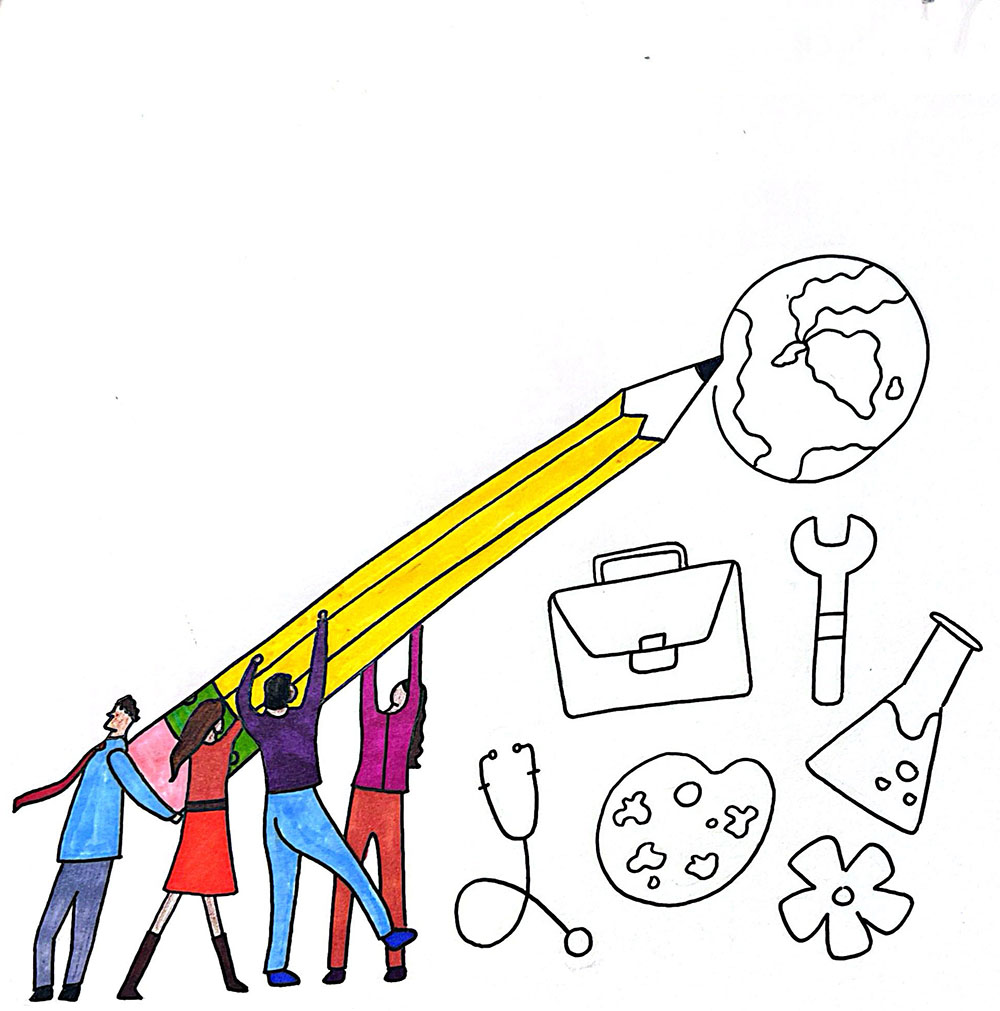
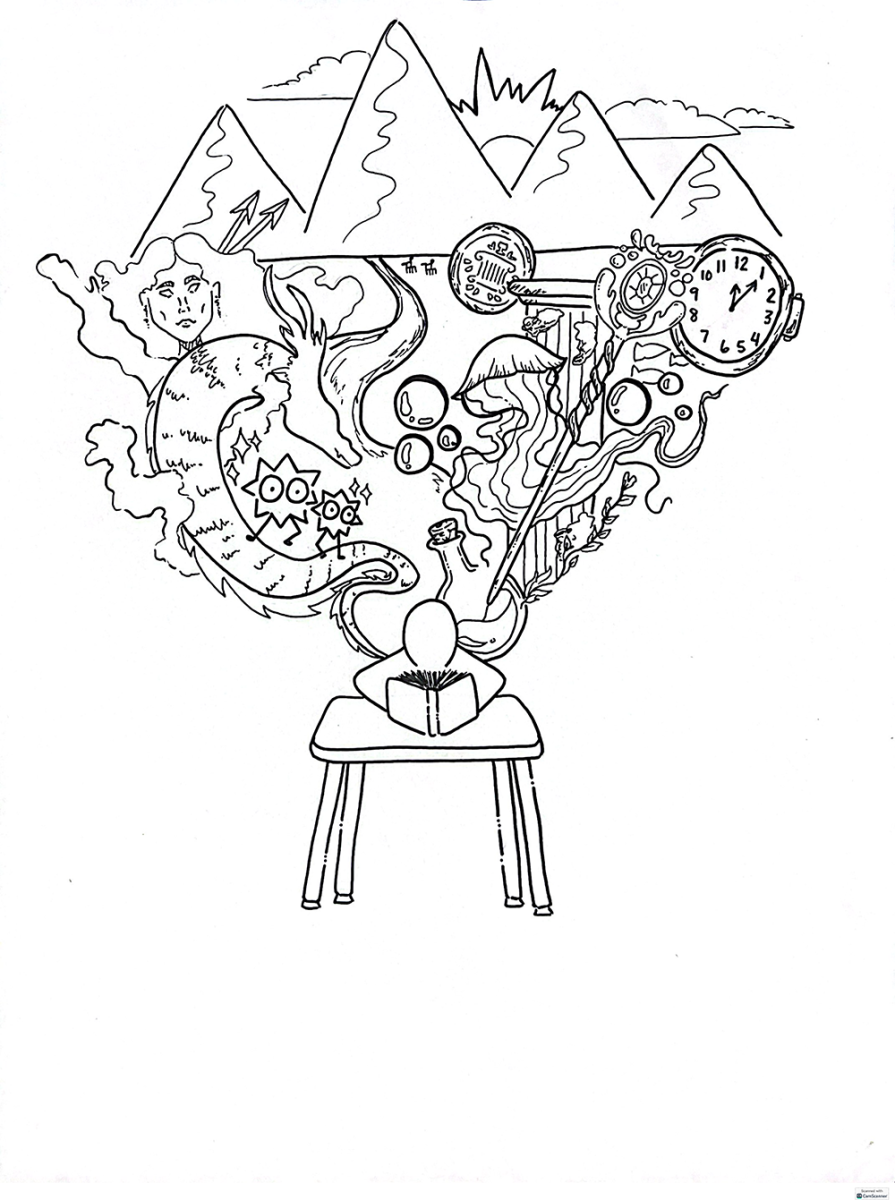

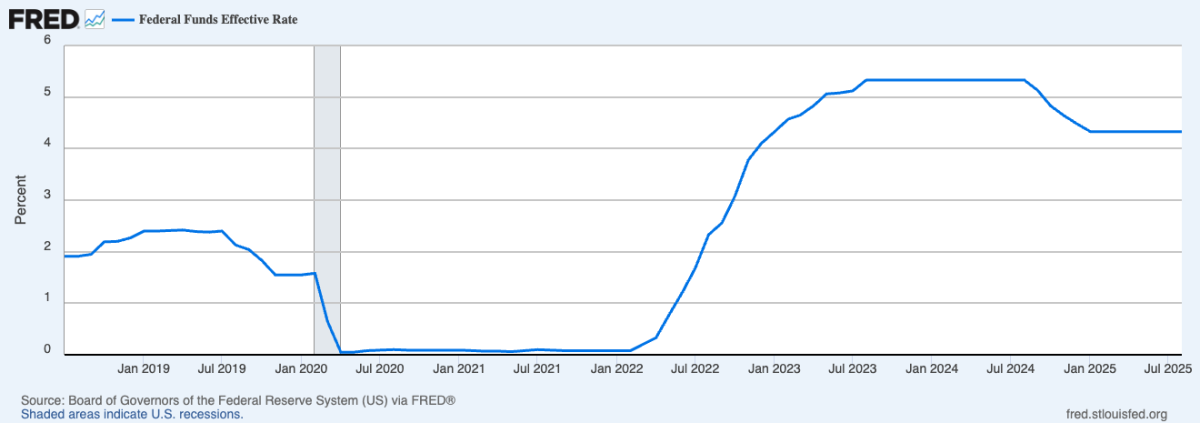
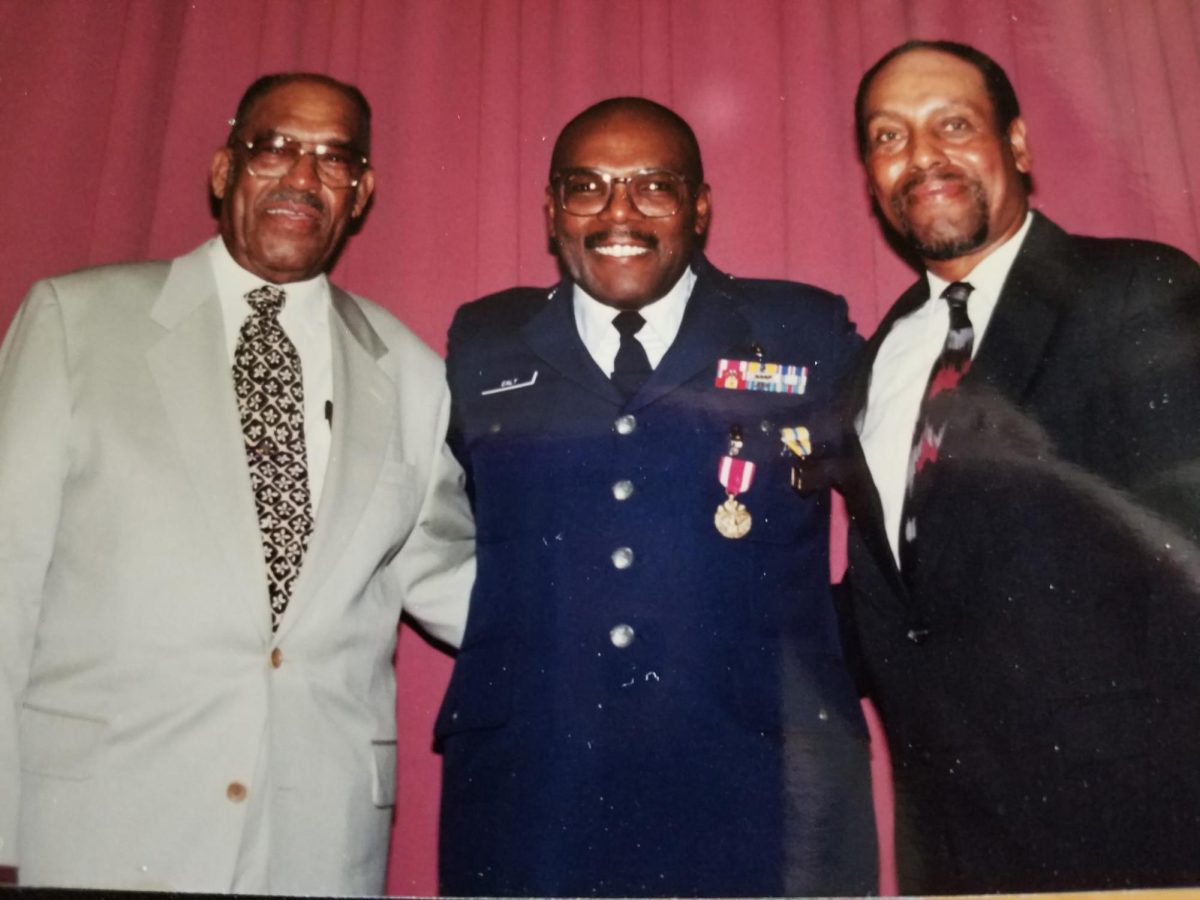


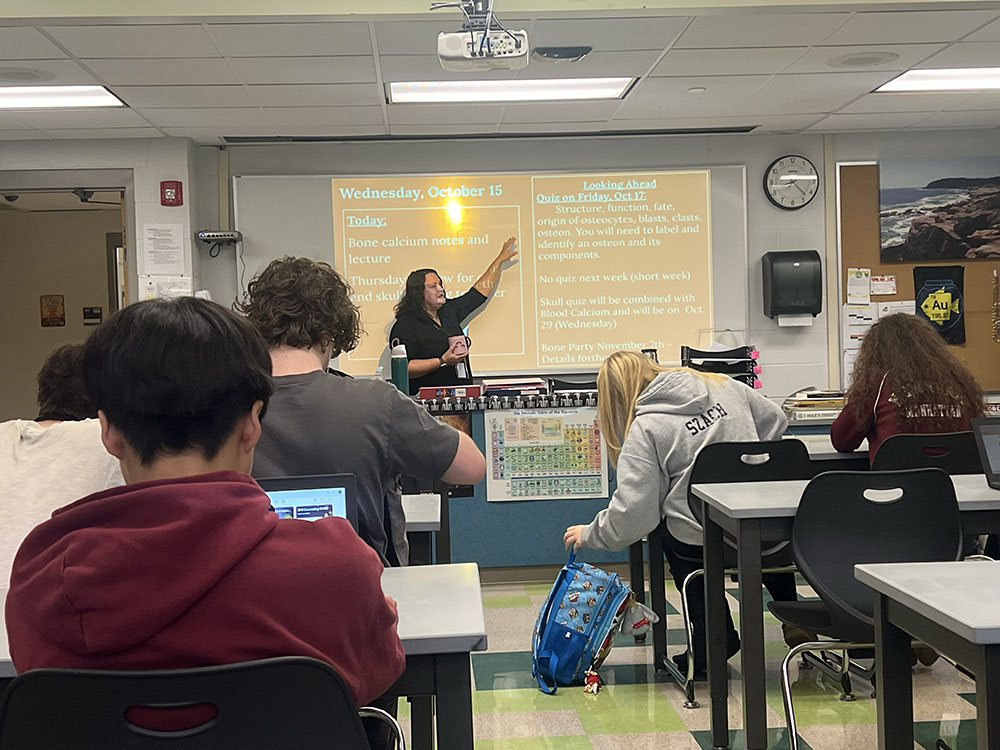
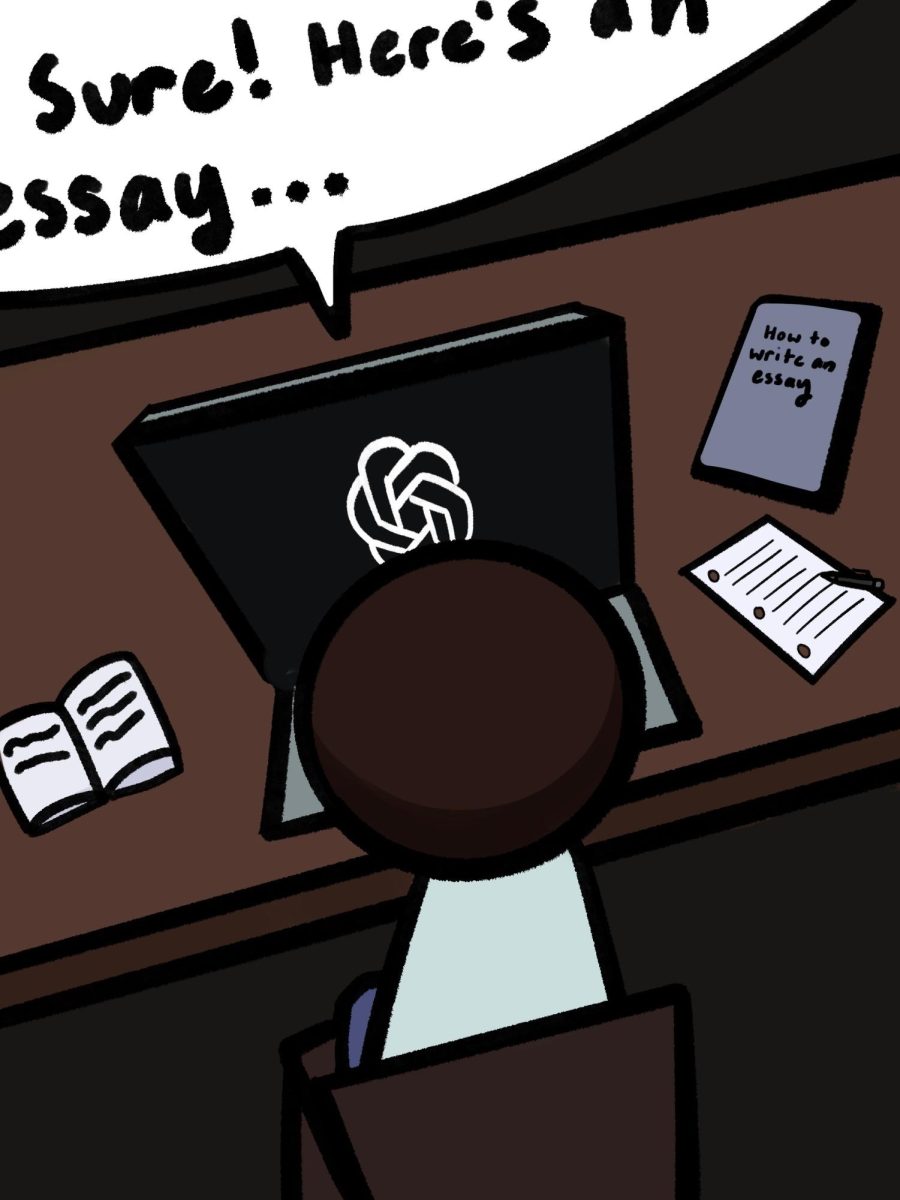
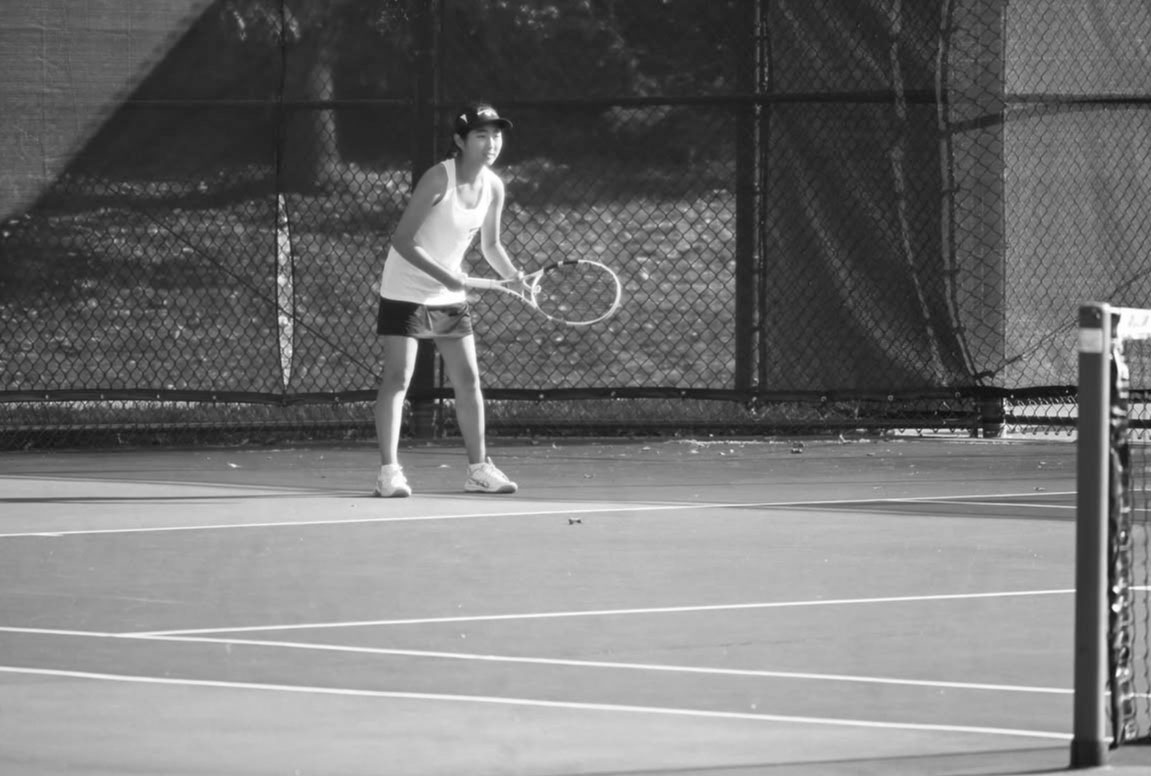
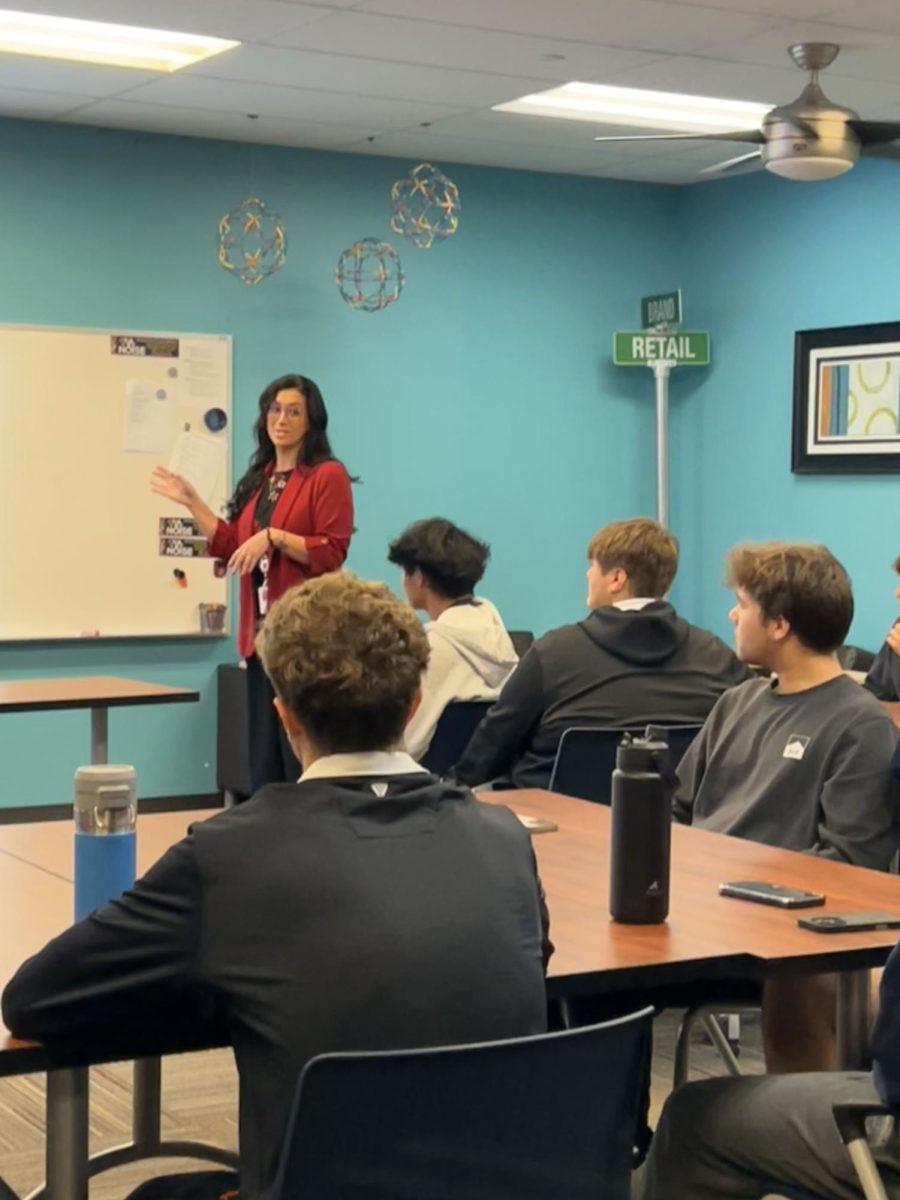

George Gorodeski • Sep 15, 2024 at 5:21 PM
An amazing article written by an outstanding writer. The story reflects an ongoing tragic situation with no end at sight. The article describes the author first hand experience in Israel of 2024, as a young adult facing the horrid reality of senseless AntiSemitism and an outside world of people who are mostly ignorant of the situation, and those who choose to distort the outrageous acts committed by Palestinian terrorists as “heroic acts”. Isaac Gorodeski was able to share his short experience in Israel with the readers and provide truthful insight about the situation, as he saw it himself.